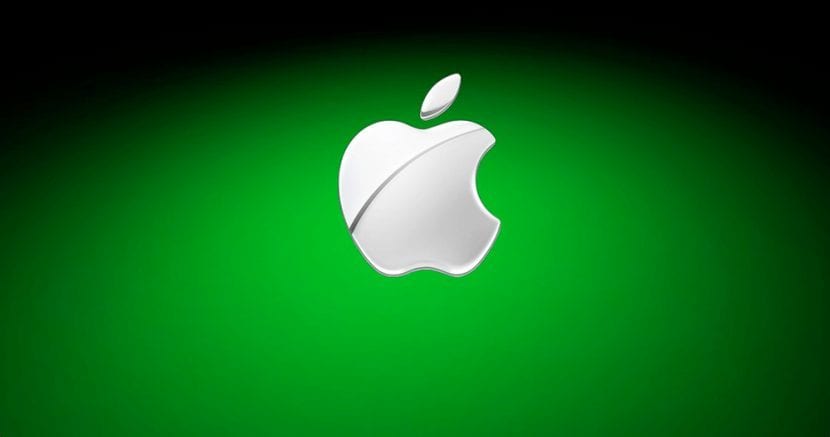
Whoever thinks that companies only look at the short or medium term, is not always right. Apple is an example of a company with a medium and long-term strategy. An example of this is the report presented on the impact of climate change in the future of Apple.
The current trend of extreme weather conditions can benefit the company, but also harm it. The company Carbon Disclosure Project (CDP) has had previous access to the report and has commented on it. This company operates for non-profit purposes and the objective is educate companies to influence their environmental decisions.
Although the report talks about the policies, objectives and strategies to achieve reducing the carbon footprint, in this case we focus on the risks and opportunities of companies in this new environment. On the part of Apple, the risks for the business have as main axes the repercussion of the climate change and the responses about this phenomenon by the governments. An example is the implication of extreme climate change in the supply chain and logistics.
Changes in rainfall patterns, including the most frequent extreme weather events, affect the infrastructure systems (for example, energy, water, transportation and communications) that support our supply chain and operations, as well as the human resources required to maintain normal operations at the Company's facilities. Severe weather effects could cause a temporary disruption in the production or availability of components or finished products, in the availability of a data center, or in the availability or productivity of our workforce. For example, Hurricane Harvey required the relocation of Apple employees, whose homes were damaged. Although most of these effects, by themselves, will not affect the Company immediately or significantly, there are some exceptions. For example, Apple has sales channels that depend on certain facilities and services being operational (for example, retail stores, iTunes Store, and App Store). Disruptions to these facilities and services due to changes in precipitation patterns or extreme weather events such as floods, hurricanes, etc. they could create immediate effects in the form of loss of income. While we consider this risk to be medium-term, we experienced disruptions from the hurricanes in the United States in fiscal year 2017.
Apple measures this $ 300 million impact. In the case of 50% affectation. Other risks are the surges in excess of energy used or the risk of reputations if clients consider that not enough work is being done to fight against climate change.
But they are not only inconvenient. Apple works to get more efficient products. Legislation in this sense can favor the company in comparison with its competition, boosting sales or reducing costs to produce more efficient products.
Jurisdictions seeking to address climate change may implement new or stricter regulatory schemes aimed at reducing the energy consumed by electronic devices, and / or may require energy use labeling, to better inform consumer choices. Apple would be well positioned to benefit from such regulations, due to our continued focus on the energy efficiency of our products. For example, Apple's entire product line exceeds ENERGY STAR standards for all products where ENERGY STAR standards exist (specifically, for Apple TV, Mac Pro, MacBook Air, MacBook Pro, MacBook, iPad, iMac, and Mac Mini ). This may favor Apple in competitive acquisitions, or become more of a differentiator among consumers; Both effects would increase the demand for Apple products.
If the trend is greater awareness in the development of efficient products, more and more will choose Apple products, and the company will win.
